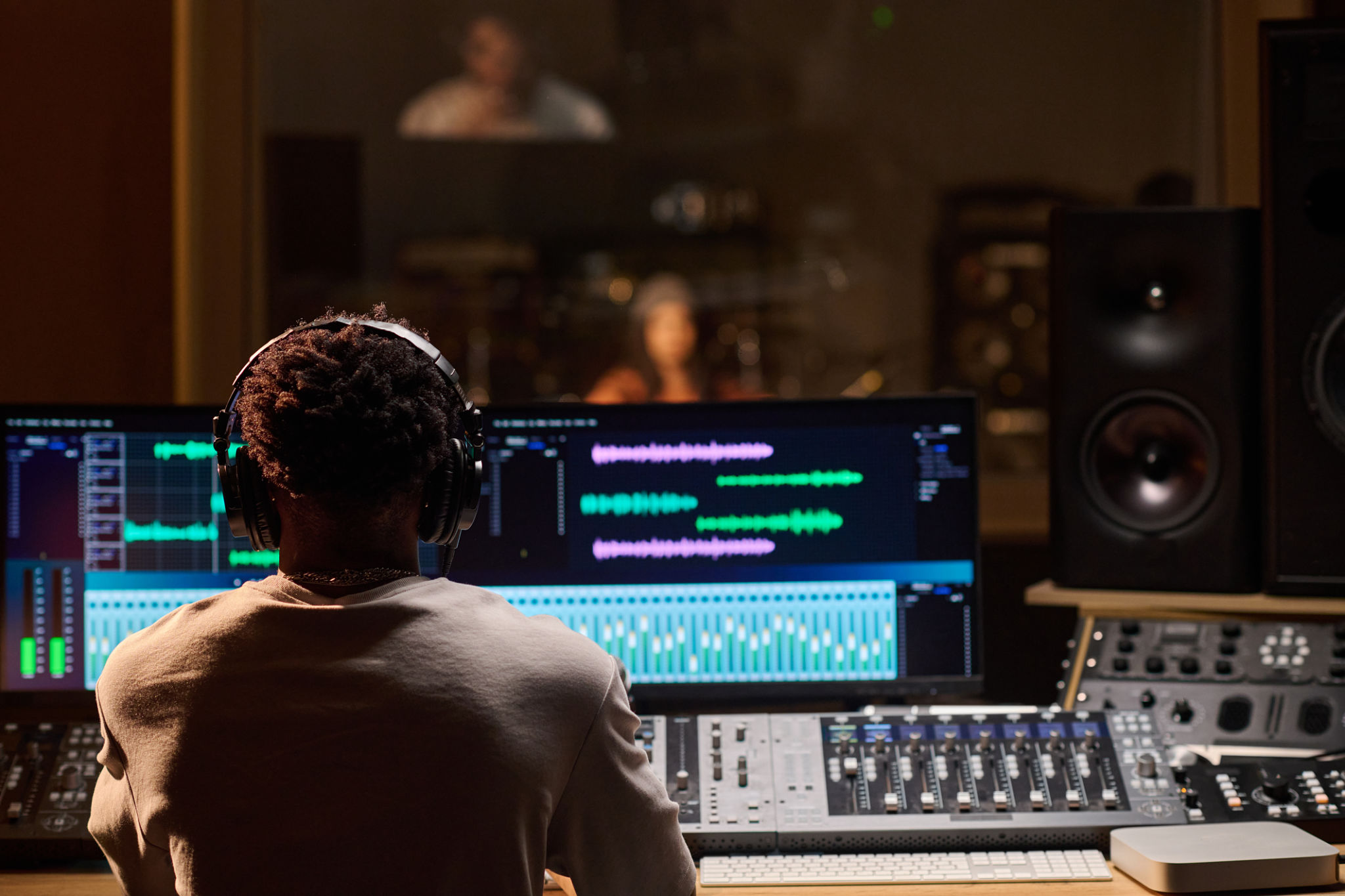Audio Production FAQs: Answering Your Top Questions
What is Audio Production?
Audio production involves creating, recording, editing, and finalizing audio content. Whether it's music, podcasts, radio shows, or any other audio material, the process requires a blend of creativity and technical skill. Understanding the basics can help you appreciate the complexity and art behind your favorite sounds.

What Equipment Do I Need?
The essential equipment for audio production includes a computer, audio interface, microphones, headphones, and Digital Audio Workstation (DAW) software. Depending on the complexity of your project, you may need additional tools like MIDI controllers, mixers, and studio monitors. Investing in quality equipment can significantly enhance your production quality.
Choosing the Right Microphone
Microphones are crucial in capturing sound. There are various types, such as dynamic, condenser, and ribbon microphones. Each has its unique characteristics, so selecting the right one depends on your specific needs, such as recording vocals or instruments.

How Does Editing Work?
Editing is a vital part of audio production. It involves arranging audio tracks, cutting unnecessary parts, and adding effects to enhance the sound. DAW software provides various tools to make this process efficient and precise. Familiarizing yourself with these tools can streamline your workflow.
Using Effects and Plugins
Effects and plugins are used to enhance or alter audio tracks. Common effects include reverb, delay, and equalization. Plugins can add unique sounds and textures, allowing creativity to flourish. Learning how to apply and adjust these can significantly impact the final product.

What is Mastering?
Mastering is the final step in audio production. It involves optimizing the overall sound and ensuring consistency across all playback systems. Mastering requires a keen ear and often a professional touch to achieve the best results. It's about making sure your audio sounds polished and professional.
Common Mastering Techniques
Techniques like compression, limiting, and stereo enhancement are often used in mastering. These techniques help in balancing the audio frequencies and maintaining dynamic range, ensuring your final product is both impactful and balanced.
How Can I Learn More?
There are numerous resources available for learning audio production, including online courses, tutorials, and workshops. Engaging with audio communities and forums can also provide valuable insights and feedback. Continuous practice and experimentation are key to mastering this art.

